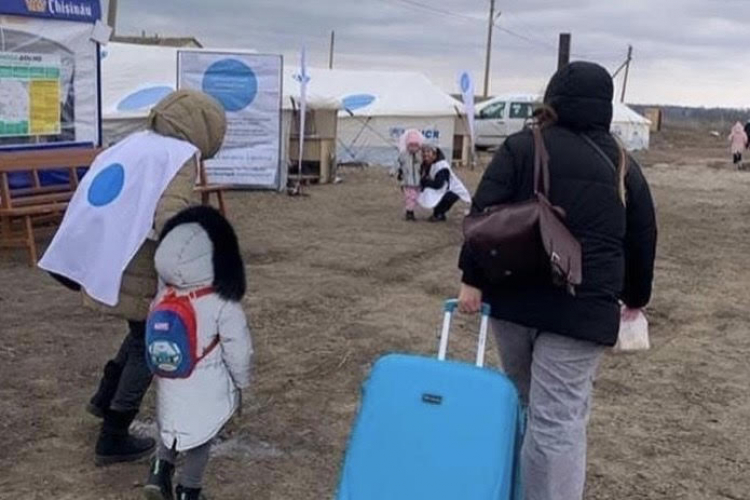Several municipalities across Moldova last month started piloting a new position in their town halls – the Ukrainian Friendship Officer. This specialist will facilitate the social integration of Ukrainian refugees and their interaction with various structures in the Republic of Moldova, IPN reports, with reference to EUNEIGHBOURSEAST – a platform of communication between the EU and its Eastern neighbors, including the Republic of Moldova.
The new employees will operate in 14 localities that are members of the ‘Mayors for Economic Growth’ (M4EG) initiative, funded by the European Union and implemented by the United Nations Development Program (UNDP).
The Ukrainian Friendship Officers will operate in Bălți, Cahul, Călărași, Cărpineni, Ceadîr-Lunga, Cimișlia, Copceac, Dondușeni, Drochia, Palanca, Selemet, Strășeni, Telenești, and Ungheni.
“These employees will play an extremely important role in contributing to community cohesion. They are to promote an inclusive and supportive environment, dignity, rights, and well-being of all people, regardless of their environment or circumstances,” said Valentin Croitoru, project coordinator.
The first training for future employees took place with the support of the Congress of Local Authorities of Moldova (CALM). Following the pilot, CALM will develop a set of recommendations for local and central administration regarding the establishment of such units in other localities of the country.
In response to the influx of Ukrainian refugees into Moldova, the Mayors for Economic Growth (M4EG) initiative conducted rapid assessments to identify the needs of local authorities and provided emergency support to 14 localities. M4EG also facilitated employment support initiatives, including job fairs, assisting 71 refugees in their endeavors to find employment. In addition, the initiative launched a ‘Respond and Renew’ grant program to address immediate and long-term challenges. These efforts were complemented by community cohesion activities and improved access to public services, the installation of Wi-Fi hotspots, and Romanian language and vocational training courses to facilitate the socio-economic integration of refugees.

